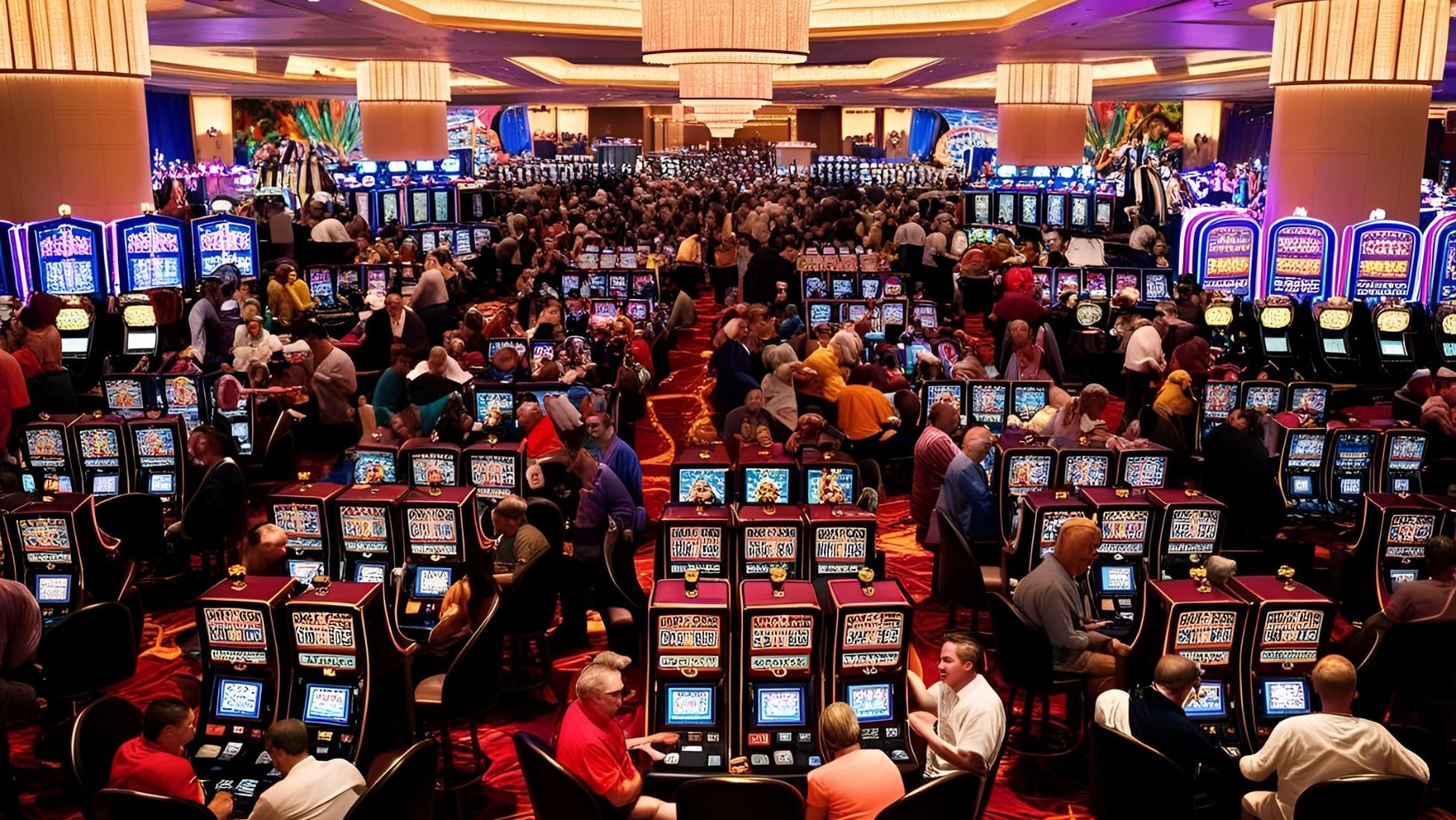The digital gambling world has experienced a seismic shift with the emergence of non-fungible tokens (NFTs) and tokenization systems. Today’s crypto casinos have moved far beyond being simple digital copies of Las Vegas establishments, they’ve morphed into complex, blockchain technology driven ecosystems that deliver ownership, transparency, and player engagement at levels we’ve never seen before.
At the core of this revolution sits the powerful concept of authentic digital ownership through NFTs. Traditional online casinos trap players in closed systems where accumulated points and virtual items vanish the moment you leave the platform. Crypto casinos are flipping this script entirely with NFT-based reward systems that give players genuine ownership of their digital treasures. These distinctive tokens encompass:
- Exclusive avatar skins and rare character modifications
- Limited-run game pieces and collectible playing cards
- VIP access passes loaded with special privileges
- Digital art collections and casino-themed memorabilia
- Tradeable assets that work across different platforms and marketplaces
NFT integration has completely rewritten the rulebook for casino-player relationships. Players now purchase virtual real estate inside casino metaverses, acquire exclusive gaming tables, or build collections of limited-edition poker chips that gain value based on scarcity and historical importance. Some forward-thinking crypto casinos have rolled out NFT-powered slot machines where visual components, bonus rounds, and even the mathematical formulas controlling payouts exist as collectible assets—creating an entirely fresh category of gaming entertainment.
Tokenization reaches well beyond simple collectibles, touching every aspect of modern crypto casino infrastructure. Numerous platforms have launched their own utility tokens that perform various functions throughout their ecosystems:
- Governance privileges that let token holders influence platform choices like new game additions and house edge adjustments
- Staking systems that generate passive income through casino profit sharing
- Access credentials that open exclusive gaming zones and premium features
- Loyalty incentives that build up through gaming activity and platform participation
- Internal currencies that enable peer-to-peer transactions within the casino environment
The financial ramifications of tokenization hit particularly hard in revenue sharing and loyalty program territories. Progressive crypto casinos are handing out ownership stakes to their most devoted players through token distributions, essentially converting customers into business partners. This approach aligns everyone’s interests, players profit directly from casino success, generating loyalty and community engagement that traditional casinos can only dream about. Several platforms distribute daily dividends to token holders based on casino earnings, establishing passive income opportunities that continue long after individual gaming sessions end.

Blockchain technology has made sophisticated tokenized betting systems possible innovations that traditional gambling environments simply couldn’t support. These cutting-edge systems deliver:
- Peer-to-peer betting frameworks where players design custom wagers secured by smart contracts
- NFT-tracked complex bets incorporating multiple variables and potential outcomes
- Real-world data connections for exotic betting opportunities beyond standard casino offerings
- Automated settlement mechanisms that eliminate middlemen and slash transaction expenses
- Hybrid gambling-DeFi products that merge gaming with financial services
The provable fairness element of blockchain technology, when combined with NFT integration, has tackled persistent worries about casino transparency and game integrity. Every spin, card distribution, or dice throw can be cryptographically confirmed, with outcomes permanently stored on the blockchain. NFTs can represent individual game results, establishing unalterable records that players can independently check—completely eliminating manipulation or fraud possibilities.
Interoperability stands out as another major benefit of tokenized casino assets. NFTs won from one crypto casino can potentially function in other compatible platforms, building a unified gaming ecosystem where digital assets retain their worth and usefulness across multiple venues. This cross-platform functionality is driving development of metaverse-style gambling environments where players move seamlessly between different games and casinos while keeping their digital collections intact.
The technology’s continued evolution is steadily erasing boundaries between conventional gambling and blockchain-based gaming. NFTs and tokenization aren’t just flashy tech additions, they’re essential components of a new framework that puts player ownership, transparency, and community involvement first in ways that seemed impossible during the pre-blockchain online gambling era.
What we’re witnessing isn’t simply technological advancement, it’s a fundamental restructuring of how gambling platforms operate and how players interact with them. The marriage of NFTs, tokenization, and blockchain infrastructure is creating gaming experiences that would have been pure science fiction just a few years ago, yet today they’re becoming the expected standard for serious crypto casino operations.

